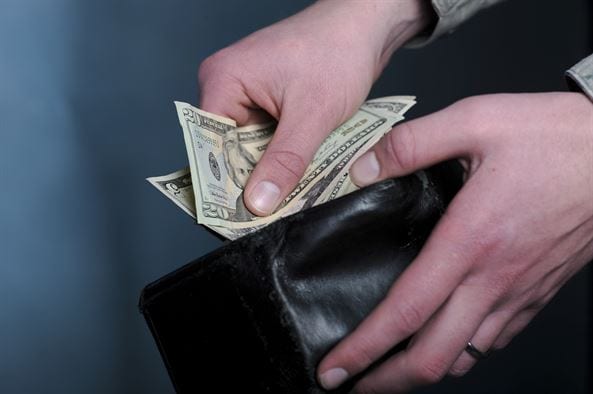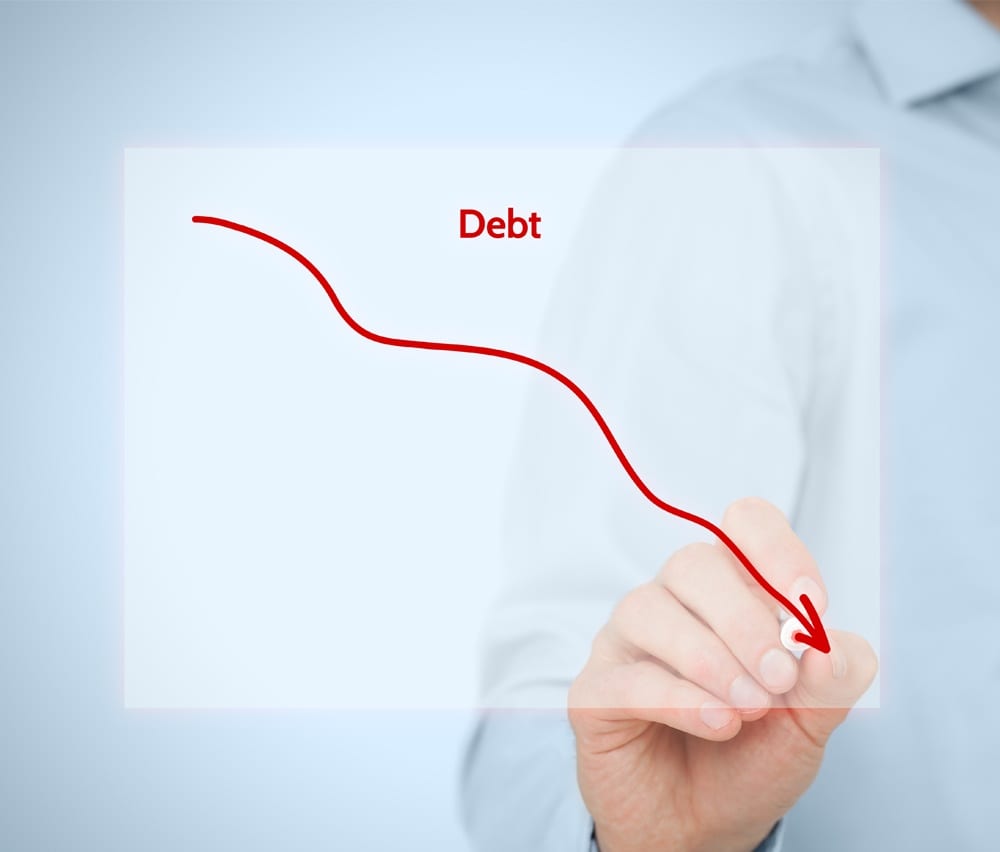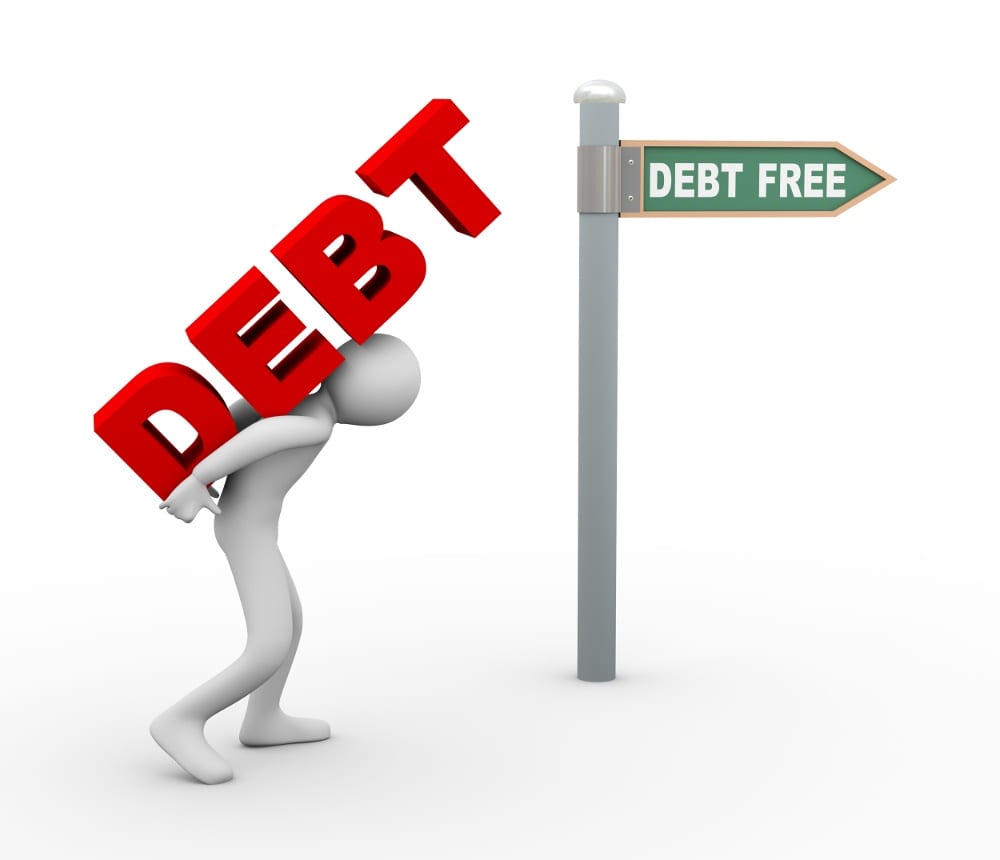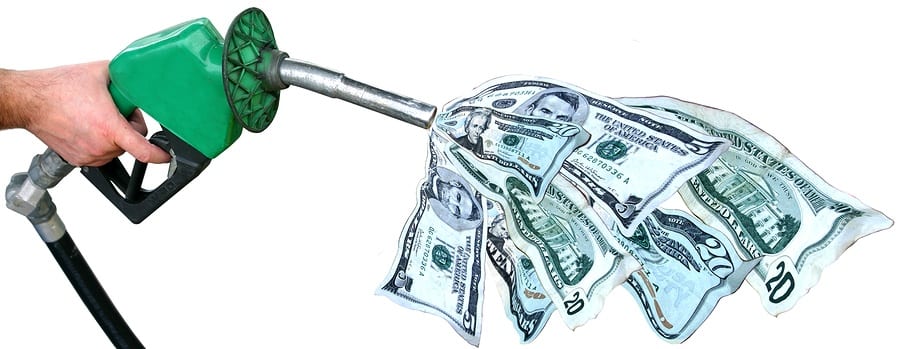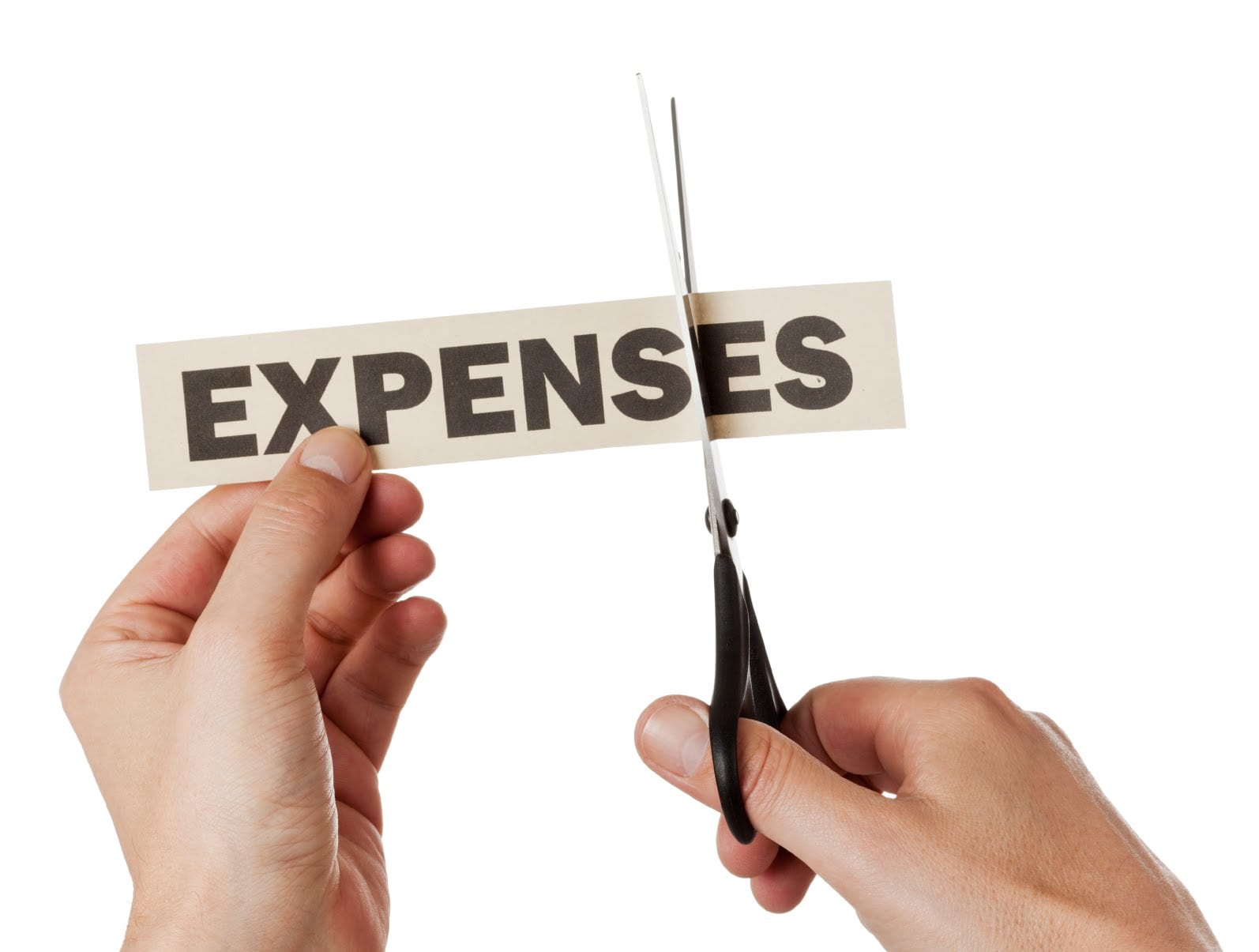Money is something that people used to buy stuffs. Since it is good, why people said that it is the root of all evil? Look at the various reasons I point out.
Fights happening
Have you encounter a situation when people fight because of money? There are various number of ways.
First, Person A broke Person B’s leg, Person B decided to sue Person A for compensation.
Second, there is a sum of money which have to be spread equally among a group of people, the sum of money is hard to be divided, people will fight with each other because one has more money than the rest.
Third, somebody owed a big sum of money, this person do not have the ability to pay off his/her debt. He may owe money from a finance company, so sometimes, if they do not receive money, they will send people to beat up that person up.
Rise of robbery and theft
Because of money, this group of people stole money from others because of various reasons like lack of money, greediness and to show off just because their “friends” dared them to do so.
First, not many people are rich, the rich got richer and the poor got poorer, once they could not make ends meet, they decided to steal from others. But what they get is a jail sentence.
Second, there is a group of people in the world who have money to provide for themselves, just because they felt very inferior when others have more money, they decided to steal as much as they can. This group of people tend to steal more luxurious stuffs than other types of robbers.
Third, this happened to the youths, in order for them to join a group of friends, they have to steal in order to “pass the test”. After being humiliated by people, they decided to prove them wrong that they could not steal, so in order for this group of people to prove themselves, they stole.
Conclusion
The reasons that I listed out may not apply to many people. But money can do much harm than you ever know, what seems good can be bad. Have you seen some rotten apples? The surface looks good and radiant, but once you open the apple, the core is rotten. It same goes to money, supposed to be good, but got misused.
